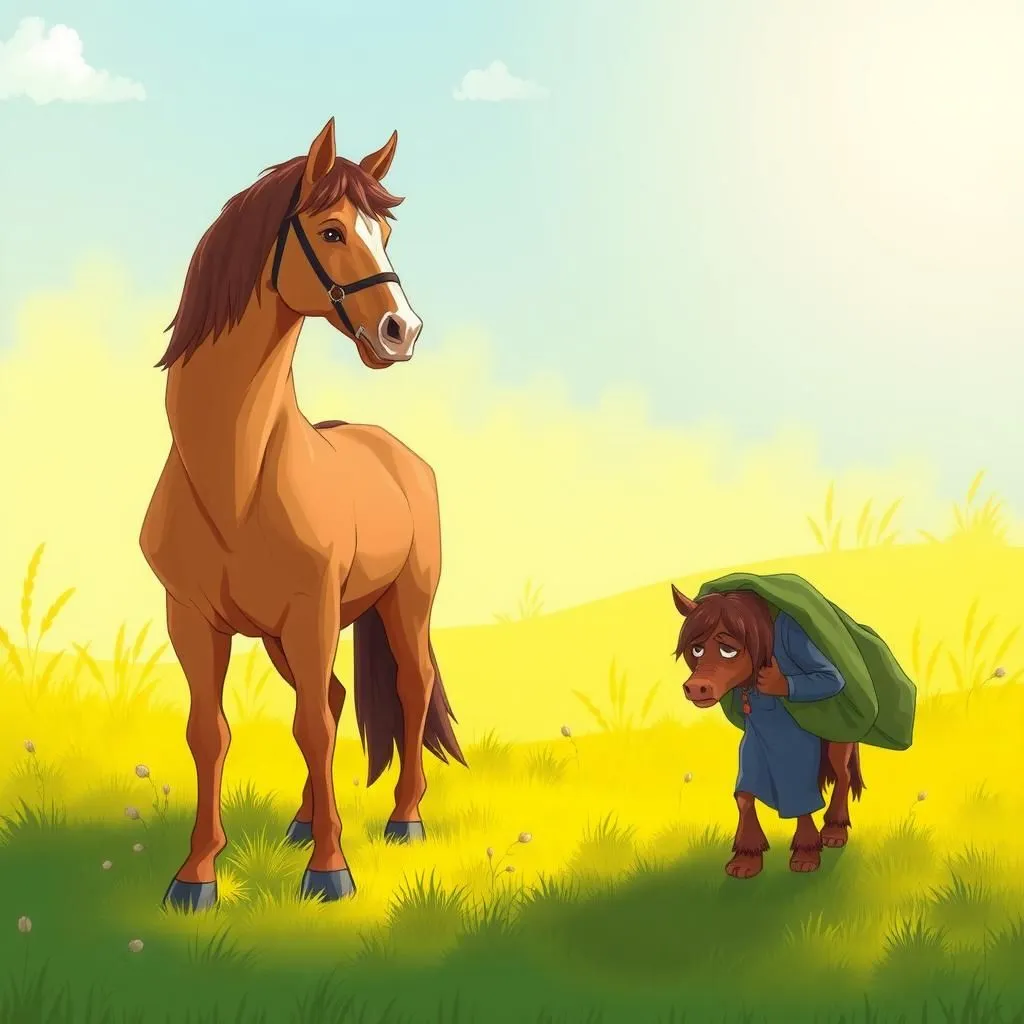
The Oaks and Jupiter
In "The Oaks and Jupiter," a classic moral story, the oaks lament their constant threat of being cut down, feeling burdened by life. Jupiter responds with a wise lesson, explaining that their own strength and usefulness as pillars for carpenters and farmers make them targets for the axe. This engaging moral tale highlights how our qualities can lead to both advantages and misfortunes, a theme often found in childhood stories with moral lessons.


